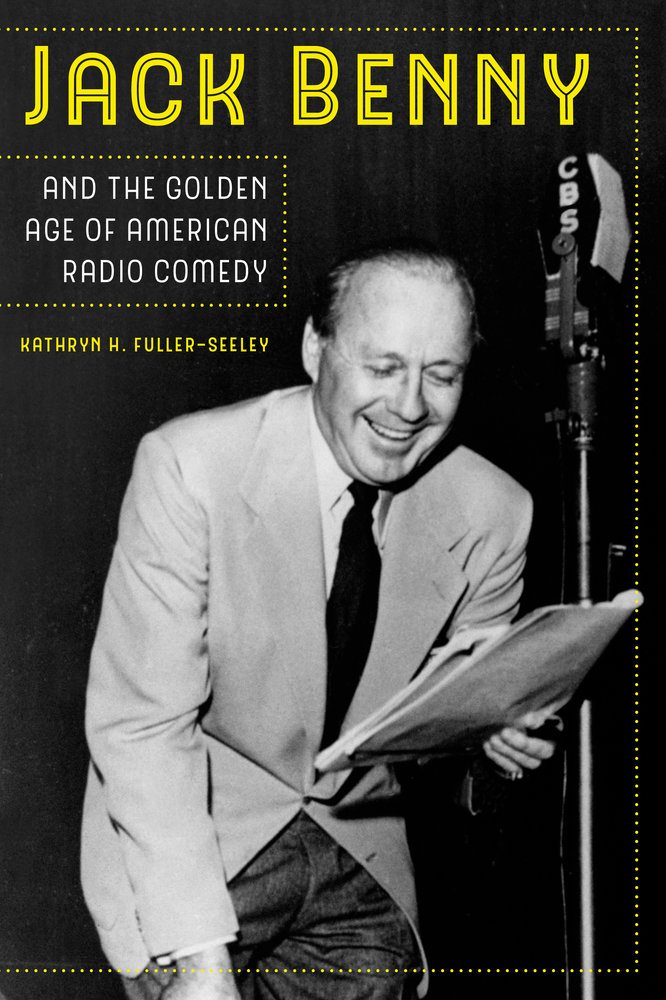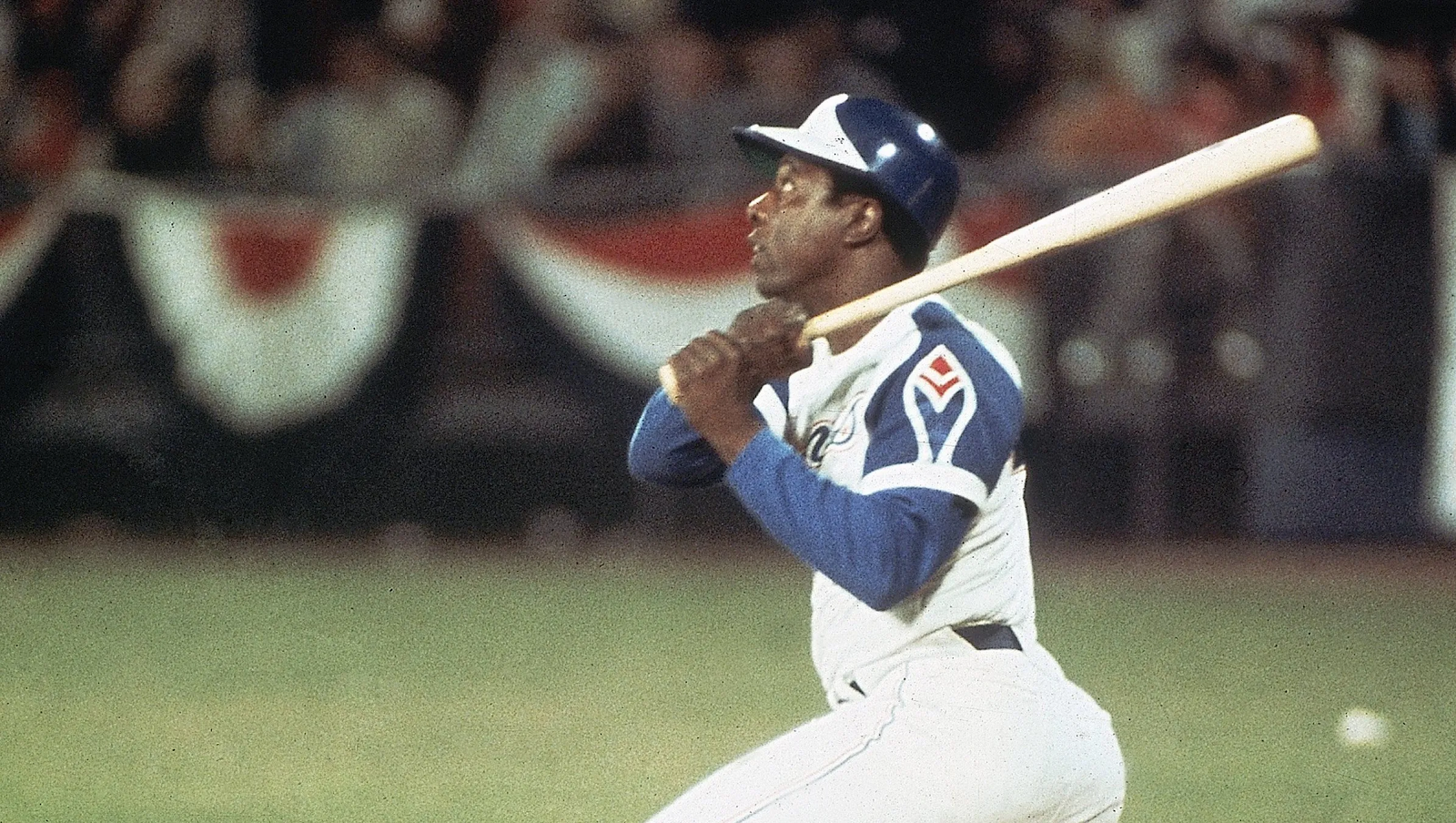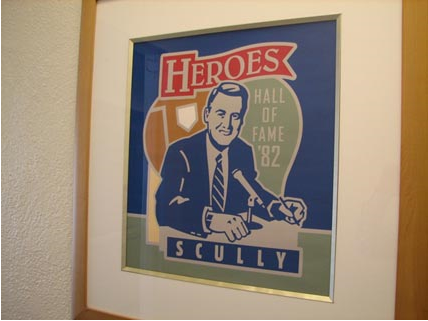The LARadio.com interview with Vin Scully
Originally published at LARadio.com August 18 & 19, 2011:
One baseball writer said the greatest call Vin Scully ever made was when he provided a nine-minute, continuous narration of a rhubarb between the Los Angeles Dodgers and their hated rivals, the San Francisco Giants at the Los Angeles Coliseum in 1959:
Three
times in his sensational career has Sandy Koufax walked out to the mound to pitch
a fateful ninth where he turned in a no-hitter. But tonight, September the 9th,
nineteen hundred and 65, (Koufax) made the toughest walk of his career, I'm
sure, because through eight innings he has pitched a perfect game.
In 1988, it was Kirk Gibson, a Dodger outfielder with not one, but two badly injured legs coming up to bat in the bottom of the ninth inning of the World Series, looking pained to even stand at home plate. Scully was able to capture the shock of everyone – apparently including himself – at Dodger Stadium as he described what happened next.
All year long, they looked to him to light the fire and all year long, he has answered the demands…High fly ball into right field. She is…gone! In a year that has been so improbable, the impossible has happened!
Yet it was the night that Henry
Aaron hit his 715th home run to pass Babe Ruth as the home run king
that Scully thinks was his most memorable call – and it was because of what he didn’t
say that made the night unforgettable. The man who was once voted the
most popular Dodger shared his recollection of April 8, 1974 for
LARadio.com.
Scully first provided some background. “Growing up, I was always led to believe that a Jack Benny radio show had the longest, continuous laugh in radio history.” It was a scenario capitalizing on the frugal, penny-pinching character that Benny portrayed. “Jack was supposedly walking down the street and a robber came out of nowhere and said ‘Stick up your hands, your money or your life!’ There was a pause. And then the robber said ‘Well?!’ And Benny said, ‘I’m thinking, I’m thinking!’ The thought that he was trying to decide between his money and his life brought the largest, most continuous laughter I believe, in the history of radio.” As a result, Scully learned from The Jack Benny Show the value of pauses and silence to help make a point without words, something he employed as he sat behind the microphone and witnessed Henry Aaron hitting his record-breaking 715th home run.
“When Henry Aaron hit his home run, and I knew it was a home run, I knew it was now the one that broke Babe Ruth’s mark, I shut up completely. And I would guess I let the crowd roar for the longest, continuous stretch, without breaking it with my own voice.” Scully also used the time to think about what he should say once he again cracked open the microphone. “I was in great awe… what a marvelous moment this was, not just for Henry or the Braves, for the country, but for the world, to acknowledge the fact that a black man, in the deep South, was being honored by breaking the record of a white icon and being honored by a predominantly white audience…I always felt that moment in time was precious, to be treasured forever.”
Ask the man who’s been the voice of
the Dodgers for 62 years about radio, it becomes clear he continues to have
great affection for the medium. “It all began for me crawling under a
big, four-legged radio that we had in the living room when I was a very small
boy, maybe eight or nine years old. I used to crawl underneath it and the
speaker was over my head. And I was completely captivated by the roar of
the crowd, especially.” Scully grew up listening to Ted Husing, Bill
Stern, Harry Wismer, and Red Barber, among the best baseball announcers of their
era. “I began falling in love with radio itself, and it was a place to
escape, my own little clubhouse.”
After working at the fm station at
Fordham University, Scully was hired as a summer replacement announcer at WTOP
in Washington, D.C., “which was and is a 50,000 watt station. Now that
was a big jump for a kid coming from a college FM station to a 50,000 watt
station that produced people like Arthur Godfrey, Edward R. Murrow –
they all worked there. I fell in love with the idea that I was talking to
a sea of people, and at the same time, I never felt like there was a problem,
that I was at home with it.”
“When I was fortunate enough to get a job with the Dodgers, and started on radio sitting alongside the great Red Barber and Connie Desmond, and I would do two innings, and I just relished the thought, for whatever reason, of being able to go on and talk to people and to feel the roar of the crowd…so radio has always been a part of my life.”
Scully said that his mentor, Red Barber, never gave him any direct advice about broadcasting a game on the radio. “(Barber) demanded that I’d be prepared. So when I came into the booth (in those days), you had to get there early, you had to visit with players, you had to find out why so-and-so hit in the third spot yesterday, and he was hitting in the fifth spot, or not playing, and to find out who was hurt. Anything and any bit of information, you brought into the booth.” Barber also taught Scully about being conversational with his audience. “When you first start (doing play-by-play), you’re trying so hard to be accurate, that you forget that you’re talking to people, and in a normal conversation there are pauses… sitting next to (Barber), listening to the tempo, he was not afraid to be silent, and I think I’m that way pretty much especially when there’s a big play. I just want to call the play and shut up and let the crowd really fill the airwaves.”
Many have asked Scully about his love of calling a game on the radio. “I’ve made it pretty much of a cliché by now, because people are always asking me what’s the difference between television and radio. With radio, you come into the booth, and you have an artist’s palette an empty canvas, a lot of paint, a lot of brushes. And for roughly three hours, you apply the paint, the heavy brush, the light brush, the thick line, the fine line…at the end of three hours, you’re finished, you back off, and you look at what you tried to create and the feeling is that’s the best I can do today, or it could very well be – on the ride home – saying ‘gosh, I wish I’d done better than that.’” By contrast, Scully said that television is about “providing subtitles, commentary to the picture…the painting is already there.”
“Radio gives you a chance to be
creative, you are free as a bird. If in the middle of the game I want to
tell a story, if I want to describe some child swinging a toy bat in the
stands, if I want to talk about an elderly person with a grandchild, I can do
that…on television, it’s a director’s medium. He’s the one who controls
it and if you don’t follow the picture, if you don’t do and say what he’s
showing, it’s a real conflict and a bad telecast. But the freedom of radio
is joyous, it’s wonderful.”
Throughout the 1980s, Scully was the lead announcer for Game of the Week, featured every Saturday on the NBC television network. After the telecast, he’d take the next flight from wherever he was to be in the booth the next day and do his job for his Dodger audience. When asked why he’d travel across the country just to do a local game, he said “you could sum it up in one word – love.”
"I have, for whatever reason, always
loved this game, and the opportunity that I have to talk about it on
radio. It’s as simple as that. Ever since I tried to play it, and
then to realize that these men who play it are so gifted, so skilled, to make a
very difficult game appear to be relatively easy, I’ve always been hypnotized
by that.” After six decades, Scully still says he’s finds it’s rewarding
to do his job. “My personal thermometer has always been the goose bumps,
and I still get them after a great play and the roar of the crowd, here they
come. I feel the emotion of the moment overwhelmingly every day, every
night, and it’s remarkable.”
When asked to describe his style as a broadcaster, Scully says he doesn’t really have a style. “When I began to broadcast, I was in awe, I was frightened, I was very insecure, I was very, very uneasy about the possibility of making some terrible mistake so all I was doing in one way was almost being so protective of the fact that I would not make a public spectacle of myself and that’s the way I was for several years.”
Eventually his true persona
emerged. “Only as the years went by did whoever and whatever Vin Scully is
emerge out of the debris of the previous few years. So I don’t have a
style, what you hear now is really the emergence of me, that’s all…that young
fella who was so intimidated sitting alongside Red Barber or with Mel Allen
doing the World Series – that fella is totally different than the man who has,
through the years, slowly emerged. So I don’t think of myself as having a
style, I just think that finally the ‘me’ has arrived.”
It also gave Scully the opportunity to share one of his more famous puns with the Coliseum crowd. “Joe Torre was then with the Braves, he was a catcher and he had taken a foul tip off the hand. The next day instead of catching, he was playing third base. And it just struck me, like you would be kidding with a friend, and I said I just thought about it, if Joe never goes back to being a catcher, he’ll forever be known as ‘chicken-catcher-Torre.’ Well, you should have heard the groan that went up from the crowd. It was fun – it was a lot of fun.”
The Dodgers have long recognized
their fans that are blind or have limited sight. Scully said their blind
listeners were celebrated back in Brooklyn. “We would have days for the blind
and we will have 500 people come with radios, and what they enjoyed were the
sounds and the smells of the ballpark and they felt they were very much a part
of the game.” Later, Scully became an active supporter and fundraiser for
retinitis pigmentosa. “When I married my wife, I found out that retinitis
pigmentosa is throughout her family as far as the males are concerned. Her
father was blind, she has several brothers, one totally blind, one was blind
before he died, another is losing his sight, and one or two of the sons of
those brothers have also had RP, as they call it, and it was because of that we
became involved with RP.”
Scully speculated on the future of
baseball broadcasts on the radio: “I’m certainly no expert, I’m no seer who can
look ahead of time, I would think however that as long as people drive cars, as
long as they go to the beach, as long as they can do other things while
listening. For instance, you might want to clean out the garage and at the same
time, want to listen to a Giant-Dodger game…But then again, what do I
know? We’re talking years down the road. That’s my hunch.”
When asked what advice he would give to the next generation of broadcasters, Scully emphasized the importance of bringing your best effort to every broadcast. “Never think about the size of the audience…when I was doing football for CBS and we would have production meetings and they would say this game you’re doing is going to 37 percent of the country or this game will go to 69 percent of the country, and I would always say to the producer please, don’t tell me the percentage, that minimizes my world. I just know that we’re going to do a ballgame, and we’re going to do the best, no matter who’s listening.” To those now broadcasting minor league games or doing play-by-play for a local college, Scully said it’s important to focus on the game at hand, regardless of the number of listeners. “Don’t think that it’s two last place teams and that there’s no interest, don’t think the pennant race is over, don’t think the game is absolutely meaningless…football, baseball, whatever it is…just go on and do the best job that you can. I think when you start thinking about the size of the audience, all of the sudden you might start thinking about the size of your production, and it should always be 100 percent effort no matter how big the audience may be.”
For a man who never seems at a loss for words, Scully actually took a moment when asked if he wanted to say something to the many who’ve listened to him for over the many years, fans who likely can’t imagine a summer without the veteran voice emanating somewhere along the Los Angeles Dodgers radio network. Then Scully smiled, and simply said, “God bless you.”
ⓒ LARadio.com

















Comments
Post a Comment